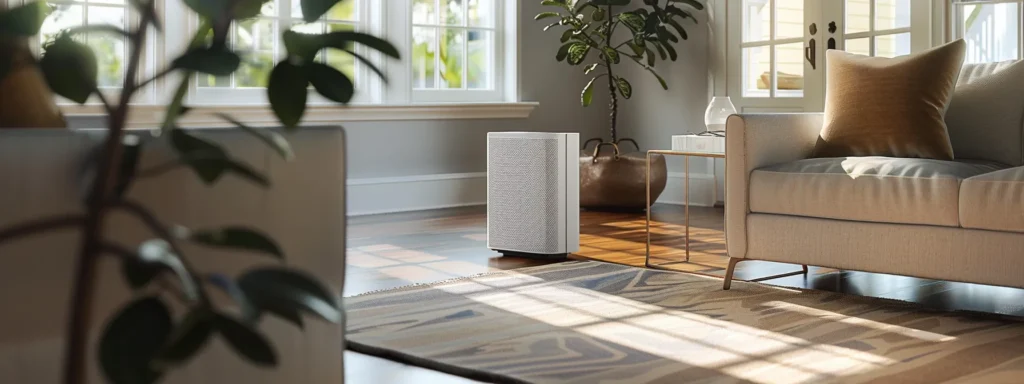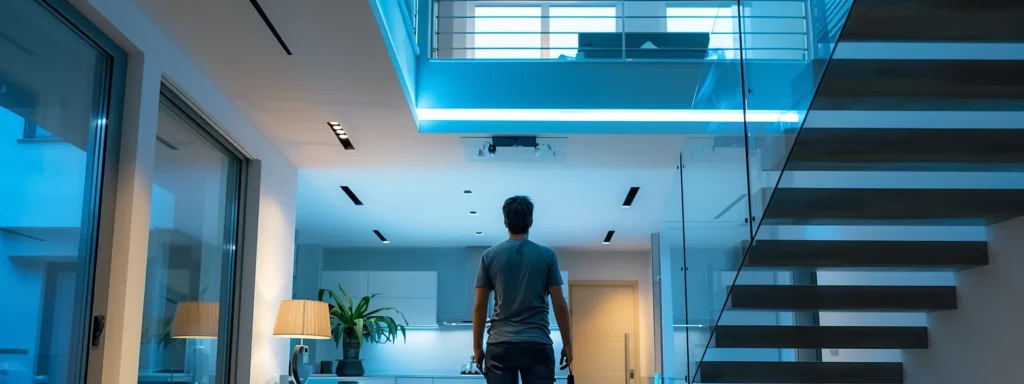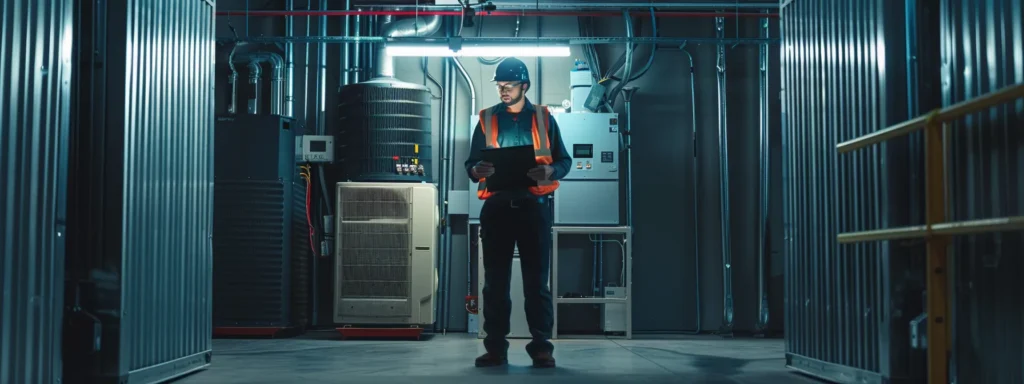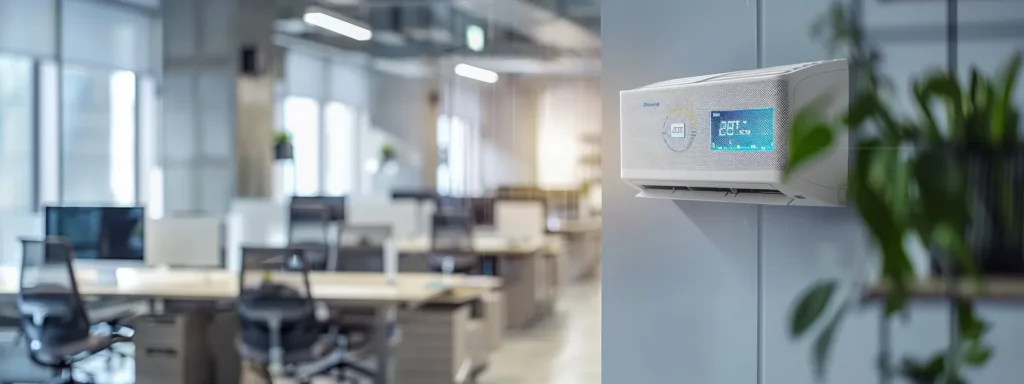air quality index, air pollution, on time air, pollution, furnace, air conditioning, ozone, customer, indoor air quality, air purifier, price, customer satisfaction, asthma, hvac services, air conditioning company, hvac, air conditioning repair, hvac service, sensor, disease, thermostat, heat pump, carbon monoxide, environmental protection, nitrogen dioxide, duct, respiratory disease, customer service, carbon, pollutant, wildfire, vehicle, air filter, particulates, dust, air quality data, airtime near me, airtime trampoline near me, airtime canton, big air hours, airtime trampolinepark, get air hours today, air on time, energy, get air hours, leak, minimum efficiency reporting value, refrigerant, pump, warranty, compressor, airflow, hvac problems, hvac companies, hvac replacement, electrical services, hvac maintenance, hvac repair, expert hvac services, replace, smart thermostat, seasonal energy efficiency ratio, odor, mold, leak detection, heating system, brand, programmable thermostat, air handler, boiler, capacitor, evaporator, condenser, oil, electrical wiring, particle, flat rate, allergen, ventilation, humidifier, humidity, hepa, energy star, circuit breaker, ceiling fan, pressure, dirt, bacteria, free estimate, air conditioners, air filters, pros, air conditioner, hvac system, air conditioning services, ducts, filtration, knowledge
Why does my AC not work at night?
Your AC may not work at night due to a frozen evaporator coil, thermostat issues, or low refrigerant levels. Nighttime temperature drops can also affect performance. Have a professional HVAC technician inspect your system to diagnose and resolve the problem.
Will HVAC systems require maintenance?
Yes, HVAC systems require regular maintenance to ensure optimal performance, energy efficiency, and longevity. Routine tasks include filter changes, cleaning components, and professional inspections, typically recommended twice a year for residential systems and more frequently for commercial units.
Is it better to have your air on auto or on?
Generally, it's better to have your air conditioner on "auto" mode. This setting allows the system to cycle on and off as needed, maintaining the desired temperature while conserving energy and reducing wear on the equipment compared to constant "on" operation.
Can air purifiers stay on all the time?
Yes, air purifiers can safely run 24/7. Continuous operation ensures constant air filtration, maintaining better indoor air quality. However, some users may choose to turn them off when away or sleeping to save energy, though this reduces effectiveness.
Is it better to run air conditioning all the time?
Running air conditioning constantly is not necessarily better. It's more efficient to set a comfortable temperature and use programmable thermostats to adjust for times when you're away or sleeping. This approach can save energy and reduce wear on your system while maintaining comfort.
Do air conditioners take time to work?
Yes, air conditioners typically take some time to work effectively. Depending on factors like room size, initial temperature, and AC capacity, it can take 15-30 minutes for a space to start cooling noticeably after turning on the air conditioner.
Can I run my AC non-stop?
While it's possible to run your AC continuously, it's not recommended. Constant operation can strain the system, increase energy costs, and reduce efficiency. It's better to use programmable thermostats or cycle your AC to maintain comfort while conserving energy.
Why does my central air run non-stop?
Your central air may run non-stop due to a faulty thermostat, dirty air filter, low refrigerant, oversized/undersized unit, or leaky ductwork. Have an HVAC technician inspect your system to identify and address the specific issue causing continuous operation.
How often should HVAC systems be serviced?
HVAC systems should be professionally serviced twice a year: once in spring for cooling system maintenance and once in fall for heating system checkup. Regular maintenance helps ensure efficiency, prevents breakdowns, and extends the system's lifespan.
What causes AC units to fail at night?
AC units can fail at night due to increased demand, frozen evaporator coils, low refrigerant levels, or malfunctioning thermostats. Nighttime temperature drops can also strain the system, especially if it's been running continuously throughout the day.
Are programmable thermostats beneficial for HVAC efficiency?
Yes, programmable thermostats significantly enhance HVAC efficiency. They allow automatic temperature adjustments based on preset schedules, reducing energy consumption when you're asleep or away. This smart control optimizes comfort while lowering utility bills and extending HVAC system lifespan.
How can I improve my AC systems on-time performance?
To improve your AC system's on-time performance, schedule regular maintenance, change filters monthly, keep outdoor units clean, ensure proper thermostat settings, seal ductwork leaks, and maintain clear airflow around vents. These steps will help optimize efficiency and reduce unexpected breakdowns.
What are common signs of HVAC maintenance needs?
Common signs your HVAC system needs maintenance include unusual noises, reduced airflow, inconsistent temperatures, frequent cycling, increased energy bills, and strange odors. Regular professional inspections can help identify these issues early and prevent costly breakdowns.
Can continuous AC use damage the system?
Continuous AC use can potentially damage the system over time. While modern units are designed for extended operation, constant running increases wear on components, reduces efficiency, and may lead to premature breakdowns. Regular maintenance and occasional breaks can help prolong your AC's lifespan.
What are the benefits of HVAC tune-ups?
Regular HVAC tune-ups improve system efficiency, reduce energy costs, extend equipment lifespan, prevent unexpected breakdowns, and maintain indoor air quality. They also ensure optimal performance, catch minor issues before they become major problems, and help maintain warranty coverage.
How does weather affect HVAC on-time reliability?
Weather can significantly impact HVAC on-time reliability. Extreme temperatures, humidity, storms, and air quality issues can strain systems, leading to more frequent breakdowns or reduced efficiency. Regular maintenance and weather-appropriate system upgrades can help mitigate these effects and improve reliability.
Should air filters be changed more frequently in summer?
Air filters may need more frequent changes in summer due to increased HVAC usage and higher levels of outdoor allergens. Check your filter monthly and replace it when visibly dirty or every 1-3 months, depending on your specific circumstances and filter type.
What impacts an HVAC systems ability to cool effectively?
Factors affecting an HVAC system's cooling ability include proper sizing, regular maintenance, clean filters, adequate insulation, sealed ductwork, thermostat settings, outdoor unit condition, and refrigerant levels. Addressing these elements can significantly improve the system's efficiency and effectiveness in cooling your space.
How can I verify my HVAC contractors reliability?
To verify an HVAC contractor's reliability, check their licensing, insurance, and certifications. Read customer reviews, ask for references, and verify their experience. Ensure they provide written estimates and warranties. Consider their responsiveness and professionalism during initial interactions.
Can extended HVAC use lead to system overloads?
Extended HVAC use can potentially lead to system overloads. Continuous operation puts strain on components, increasing the risk of overheating or electrical issues. Regular maintenance and avoiding excessive use can help prevent overloads and ensure optimal system performance.
What is the lifespan of a typical HVAC unit?
The average lifespan of a typical HVAC unit is 15 to 20 years. However, this can vary depending on factors such as maintenance, usage, climate, and quality of installation. Regular servicing and proper care can extend the system's longevity.
How do I troubleshoot an HVAC system not cooling?
Check the thermostat settings, replace air filters, clear debris around the outdoor unit, inspect refrigerant levels, and ensure vents are unobstructed. If issues persist, clean the evaporator coil and condensate drain line. For complex problems, contact a professional HVAC technician.
Are there energy-efficient HVAC systems that run continuously?
Yes, there are energy-efficient HVAC systems designed for continuous operation. Variable-speed systems and heat pumps can run at lower speeds constantly, maintaining consistent temperatures while using less energy than traditional systems that cycle on and off frequently.
What maintenance can extend my HVAC systems life?
Regular filter changes, annual professional tune-ups, keeping outdoor units clear of debris, cleaning vents and ducts, and prompt repairs of any issues can significantly extend your HVAC system's lifespan. Consistent maintenance ensures optimal performance and efficiency.
How does humidity affect HVAC cooling performance?
High humidity reduces HVAC cooling efficiency by making the air feel warmer and increasing the system's workload. Excess moisture in the air requires more energy to remove, leading to longer cooling cycles and potentially higher energy costs.
Can smart thermostats ensure better HVAC on-time functioning?
Yes, smart thermostats can improve HVAC on-time functioning. They use advanced sensors and algorithms to learn your preferences, optimize scheduling, and adjust temperature settings automatically. This results in more efficient operation, reduced energy waste, and improved overall system performance.
What are the risks of DIY HVAC repairs?
DIY HVAC repairs can lead to safety hazards, system damage, voided warranties, and increased costs. Without proper knowledge and tools, homeowners risk personal injury, electrical shock, refrigerant mishandling, and potentially worsening the original problem, necessitating more expensive professional repairs.
How do I choose the right HVAC service provider?
Choose an HVAC provider with proper licensing, insurance, and experience. Look for positive customer reviews, fair pricing, and warranties on services. Ask about their technician training and emergency availability. Consider companies offering energy-efficient solutions and preventive maintenance plans.
Can HVAC systems be optimized for better on-time rates?
Yes, HVAC systems can be optimized for better on-time rates through regular maintenance, proper scheduling, smart thermostat installation, zoning systems, and efficient equipment upgrades. These improvements can enhance system performance, reduce delays, and ensure more consistent heating and cooling delivery.
What warranty should I expect with a new HVAC installation?
Typically, new HVAC installations come with a manufacturer's warranty covering parts for 5-10 years and a separate labor warranty from the installer for 1-2 years. Extended warranties may be available for purchase. Always review warranty terms before installation.
on time air, on time air hvac savannah reviews, air on time, on time heating and cooling, hvac residential service pooler ga, fresh air duct cleaning services, air duct cleaning savannah ga, air duct cleaning service near me, duct cleaning savannah, indoor air duct cleaning service, air duct cleaning near me









